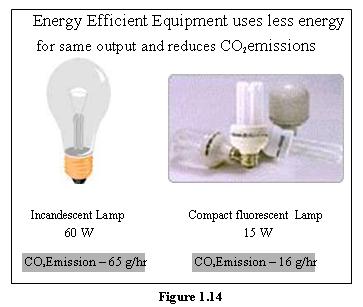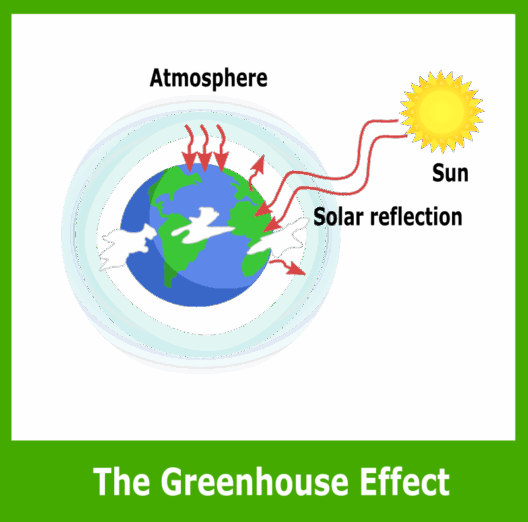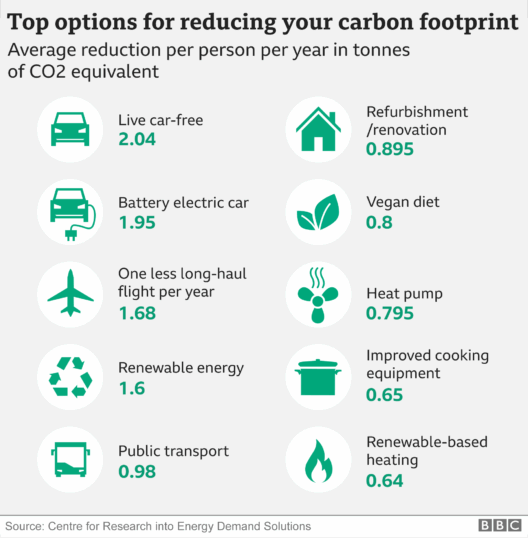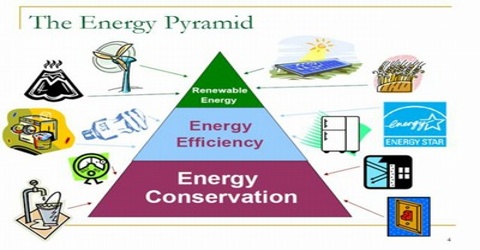Energy conservation is an imperative concept that encapsulates the judicious use of energy resources to achieve sustainability. This principle extends beyond mere energy savings; it involves an overarching approach to utilizing energy in a manner that fosters ecological balance and reduces environmental degradation. In an era marked by depleting conventional energy sources and escalating climate change concerns, understanding energy conservation becomes critical for every individual, organization, and nation.
To effectively dive into the myriad dimensions of energy conservation, this discussion will unravel its definition, explore its significance, examine practical applications, and investigate the socio-economic impacts associated with it.
The Definition of Energy Conservation
At its core, energy conservation refers to the practice of reducing energy consumption through the implementation of more efficient processes and technologies. It can be manifested through various methods, including optimizing energy use in homes, industries, and transportation systems. Unlike energy efficiency, which often refers to the use of technology that requires less energy to perform the same function, energy conservation necessitates a behavioral shift towards responsible energy usage.
While simply cutting back on energy can be construed as energy conservation, the concept entails a more strategic approach, emphasizing the importance of reducing unnecessary waste. This means not only utilizing energy-efficient appliances but also being cognizant of when and how energy is consumed. Ultimately, effective energy conservation leads to diminished reliance on finite resources, such as fossil fuels, thereby extending their availability for future generations.
The Importance of Energy Conservation
The significance of energy conservation reverberates through various facets of society. Primarily, it plays a pivotal role in mitigating the adverse effects of climate change. By decreasing the demand for energy derived from fossil fuels, we can substantially reduce greenhouse gas emissions. The Intergovernmental Panel on Climate Change (IPCC) has identified energy generation as a major contributor to global warming; therefore, prioritizing energy conservation can significantly alter our environmental trajectory.
Moreover, energy conservation augments economic benefits. With the rising costs of energy, being able to reduce consumption results in lower utility bills for households and businesses alike. This economic reprieve can bolster household incomes and enhance profitability for businesses, allowing for reinvestment in other critical areas. Additionally, reduced energy consumption can stimulate job creation in sectors focused on renewable energy technologies and conservation practices.
The Practical Applications of Energy Conservation
Implementing energy conservation strategies can take myriad forms, from personal habits to systemic changes on a larger scale. Here, we explore some practical avenues through which individuals and organizations can contribute to this essential cause.
Home Energy Efficiency: Small Changes Make a Big Impact
In residential settings, homeowners can adopt simple yet effective practices to conserve energy. Replacing incandescent light bulbs with energy-efficient LEDs, utilizing programmable thermostats, and improving insulation can create substantial energy savings. Moreover, energy audits can help identify areas where energy use is excessive or inefficient, allowing for targeted improvements.
Commercial Strategies: Efficiency Meets Profitability
In the commercial realm, businesses can significantly benefit from energy conservation. Implementing energy management systems for monitoring and optimizing energy use, coupled with the adoption of energy-efficient appliances and machinery, can enhance productivity while lowering costs. Furthermore, companies can foster a culture of conservation by encouraging employee participation through awareness campaigns and incentive programs.
Transportation: Rethinking Mobility
Energy conservation also extends to transportation. By embracing public transit, carpooling, or transitioning to electric vehicles, individuals can contribute meaningfully to energy efficiency. On a larger scale, urban planning that favors walkable, bike-friendly environments can drastically reduce reliance on energy-intensive automobile travel.
The Societal and Economic Impact of Energy Conservation
The impact of energy conservation extends beyond individual savings or reduced energy consumption. Socio-economic implications encompass improved public health, increased energy security, and job creation. Lower energy demand contributes to better air quality, reducing respiratory ailments linked to pollution. Furthermore, energy conservation fosters a more robust economy through the diversification of energy sources and reduces vulnerability to fluctuations in energy prices.
Beyond the tangible benefits, embracing energy conservation cultivates an environmental ethos. This paradigm shift encourages communities to prioritize sustainable practices, fostering collaboration towards broader energy goals. The adoption of renewable energy sources, such as solar and wind, is intimately tied to the principles of conservation. As we conserve energy, we pave the way for increased investment and innovation in sustainable technology.
Conclusion
Energy conservation transcends mere savings; it is a multifaceted approach that seeks to harmonize our energy usage with the preservation of our planet’s resources. Through understanding its definition, importance, and application, individuals and organizations can take actionable steps towards becoming mindful stewards of energy. The benefits are far-reaching—not only reducing environmental impacts and promoting economic stability but also fostering a culture of sustainability that is essential for future generations. The cumulative effect of collective energy conservation efforts holds the promise of a more sustainable and resilient future.







